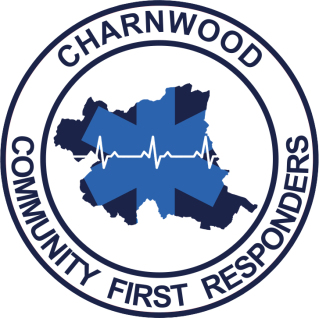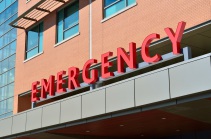What happens when I call 999?
If there is a genuine emergency, where there is an immediate risk to life or someone is seriously ill or injured , call 999
Do Not Panic
What will I be asked?
Once you are connected to a call handler, you'll have to answer a series of questions to establish what's wrong, such as
- Is the person breathing
- Where are you (including the area or postcode)?
- What is the phone number you are calling from?
- Exactly what has happened?
This will allow the operator to determine the most appropriate response as quickly as possible.
Dialling 999 does not necessarily mean an ambulance will be dispatched. The call handler will decide what is appropriate. It may be safe enough for you to be seen elsewhere, or you can be given telephone advice by a medically trained clinical adviser. An ambulance will be sent if it is a life-threatening emergency.
In some medicl emergencies that are time critical such as cardiac arrest, stroke and breathing problems, the operator may also despatch a Community First Responder. This is a trained volunteer from the local community, who may arrive before the ambulance. They are trained to assess and provide immediate life saving care.
If an ambulance or responder has been sent to the address of the emergency, it is important to ensure the property is visible, especilly at night. Switch on lights and open the door to the property so access can be gained swiftly.


